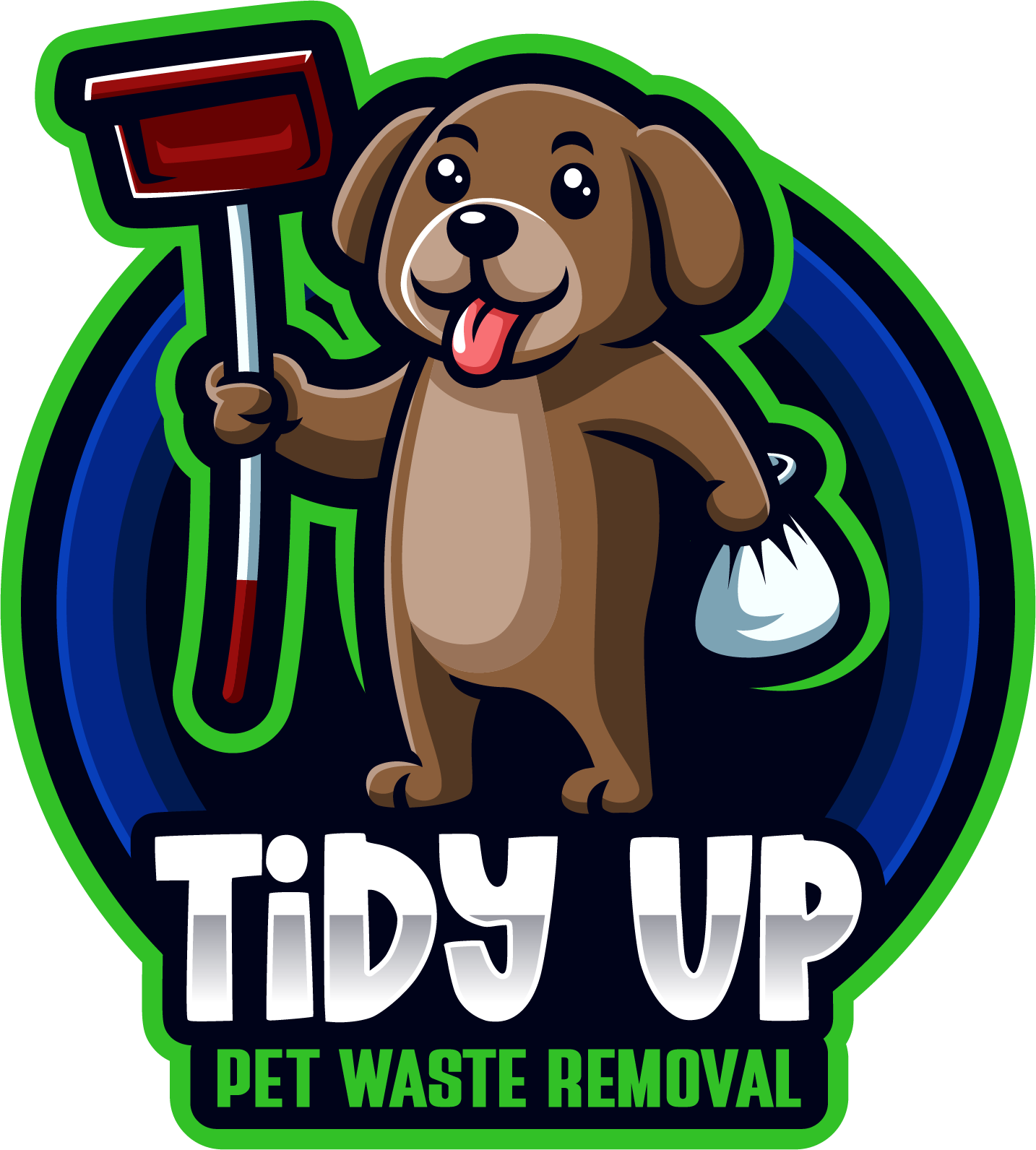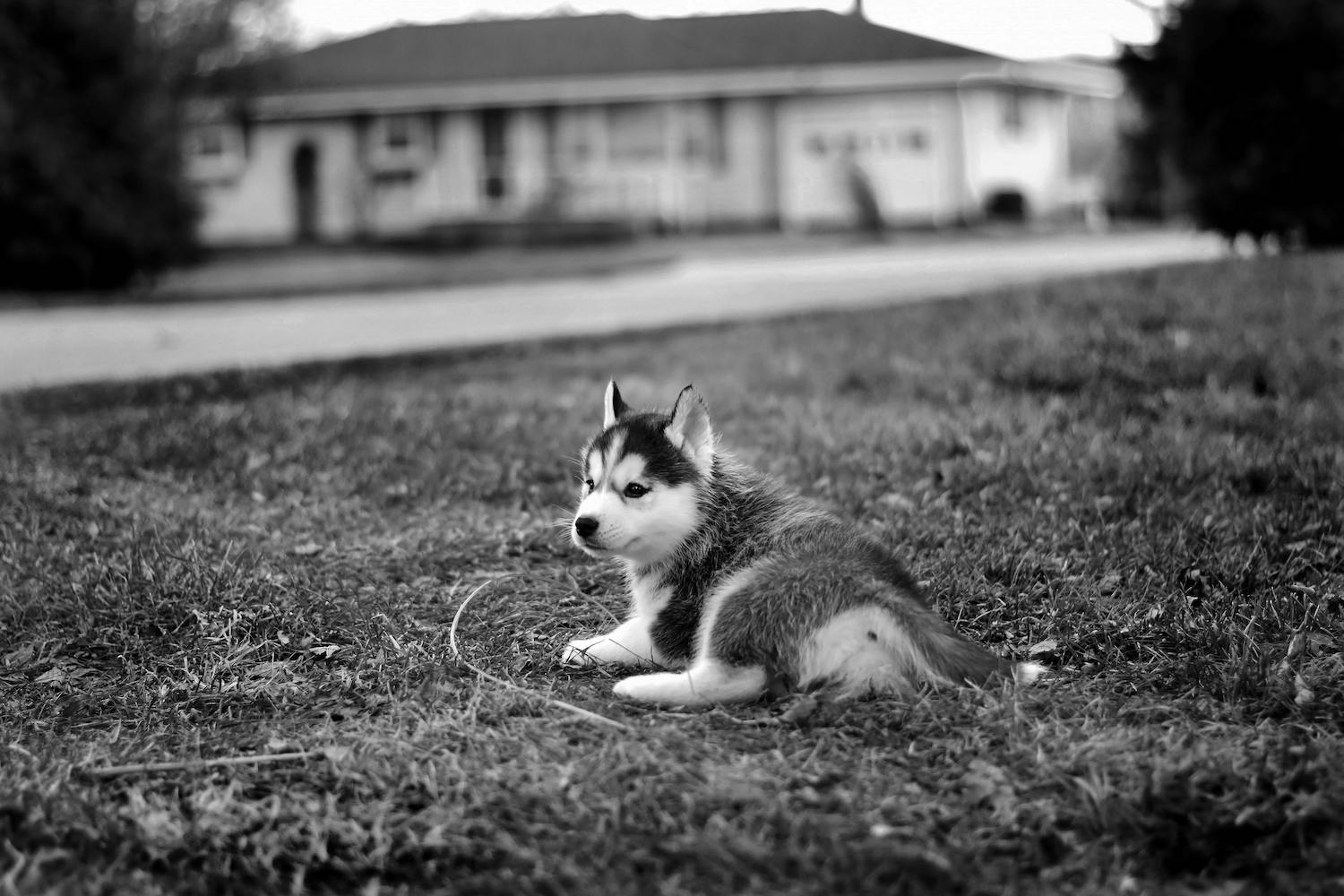As a dog owner, you might be aware of the need to clean up after your pet, but do you know the health risks that arise when pet waste is left unattended? Dog waste in your yard can lead to more than just a bad smell—it can spread diseases and parasites back to your pets. Proper pet waste removal is critical in keeping your pets healthy and safe.
In this article, we’ll explore how dog waste in yards can reinfect pets, spreading harmful pathogens between animals. We will also discuss the importance of regular pet waste removal and its benefits for pet health.
The Health Risks of Dog Waste for Pets
Dog waste may seem harmless at first glance, but it can pose significant health risks to your pets. When left in yards, parks, or public spaces, pet waste becomes a breeding ground for bacteria, viruses, and parasites. These pathogens can linger in the environment and re-enter your dog’s body, causing infections and diseases.
1/Parasite Infections from Dog Waste
One of the biggest risks posed by dog waste is the spread of parasites. These organisms can live in contaminated soil and spread through direct or indirect contact. Some common parasites found in dog waste include:
- Roundworms: These parasites are common in dog feces and can be transmitted through ingestion. If your dog sniffs or licks contaminated soil, they can ingest roundworm eggs and become infected. Roundworms can cause diarrhea, vomiting, weight loss, and lethargy in dogs.
- Hookworms: Hookworms can infect your dog by burrowing into the skin or being ingested. They attach themselves to the intestines, feeding on your dog’s blood, which can cause anemia and gastrointestinal issues.
- Whipworms: These parasites live in contaminated soil and can infect dogs when they consume infected dirt or waste. Whipworms can cause bloody diarrhea, dehydration, and weight loss.
Once a pet becomes infected with these parasites, they can shed eggs in their own waste, perpetuating the cycle of infection.
2/Bacterial and Viral Infections
Dog waste is also a source of harmful bacteria and viruses that can affect your pet’s health. Some common bacteria and viruses found in pet waste include:
- Salmonella: This bacterium can be present in dog waste and can infect other pets that come into contact with contaminated areas. Salmonella can cause gastrointestinal symptoms like diarrhea, vomiting, and fever.
- Giardia: This protozoan parasite is often found in contaminated water sources, but it can also live in moist soil. Dogs that consume infected soil or water can develop giardiasis, a condition that causes diarrhea and intestinal discomfort.
- Parvovirus: Parvovirus is a highly contagious and deadly virus that can survive in contaminated soil for long periods. Puppies and unvaccinated dogs are particularly susceptible to parvovirus, which attacks the intestines and immune system, causing severe vomiting, diarrhea, and dehydration.
Leaving dog waste in your yard increases the risk that your pets will come into contact with these harmful pathogens.
How Dog Waste Left in Yards Can Reinfect Pets
When dog waste is left in your yard, it becomes a persistent source of contamination. Even if you regularly treat your pets for parasites, they can be reinfected if they continue to come into contact with contaminated soil. Here are a few ways this happens:
1/Dogs Re-exposed Through Contact
Dogs are naturally curious animals. They often sniff, lick, or dig in the yard where they roam. If your yard has been contaminated by dog waste, your pets are likely to come into contact with infected soil or grass. By doing so, they can ingest parasites or bacteria that were left behind by previous waste.
Parasite eggs can survive in the soil for weeks, even months, under the right conditions. A single roundworm can produce thousands of eggs, which can spread throughout your yard and reinfect your pets every time they are outside.
2/Contaminated Play Areas and Dog Toys
Dog waste can also contaminate play areas, toys, and surfaces that your pets interact with. If fecal matter is left on the ground and then comes into contact with toys or outdoor furniture, your dog can pick up bacteria and parasites while playing. This means even a clean and well-maintained dog can be exposed to harmful pathogens from the environment.
3/Cross-Contamination Between Pets
If you have multiple pets, the risk of cross-contamination is higher. One pet can become infected with parasites or bacteria from the yard and then spread it to other pets through shared spaces, water bowls, or bedding. This creates a cycle of infection that can be difficult to break without regular pet waste removal.
Benefits of Regular Pet Waste Removal for Pet Health
The best way to protect your pets from the dangers of dog waste is to ensure it is removed promptly and regularly. A clean yard is a healthier environment for your pets, reducing the risk of infection and disease.
1/Prevents Reinfection
Regular removal of dog waste breaks the cycle of reinfection. When waste is picked up and properly disposed of, parasites and bacteria do not have a chance to spread and linger in your yard. This reduces the likelihood that your pets will come into contact with harmful pathogens.
2/Reduces Exposure to Harmful Parasites
By keeping your yard free of waste, you minimize your pets’ exposure to parasites like roundworms, hookworms, and whipworms. This is particularly important for puppies, senior dogs, and pets with compromised immune systems, as they are more vulnerable to severe infections.
3/Improves Pet Well-Being
A clean yard is not just about disease prevention—it also improves your pet’s quality of life. Pets that are not constantly exposed to waste can enjoy a healthier, cleaner environment. They can play and explore without the risk of ingesting harmful bacteria or parasites.
4/Supports Veterinary Care
Proper pet waste removal supports your efforts to keep your pets healthy through regular veterinary care. Even with vaccinations and parasite prevention treatments, your pets can still be exposed to diseases if dog waste is left in your yard. Regular waste removal works in tandem with veterinary care to protect your pet from illness.
Why Hire a Pet Waste Removal Company?
Hiring a professional pet waste removal service is one of the best ways to keep your yard clean and protect your pets from health risks. These companies specialize in removing waste quickly and efficiently, ensuring your yard remains a safe place for your pets to play.
1/Professional Services for a Cleaner Yard
Pet waste removal companies provide consistent, reliable service, which means your yard will stay clean without you having to worry about it. Professionals are trained to spot waste and remove it safely, reducing the risk of leaving behind contaminated areas.
2/Saves Time and Effort
As a busy pet owner, keeping up with pet waste removal can be time-consuming. Hiring a professional service saves you time and effort, allowing you to focus on other responsibilities while ensuring your pets are safe from infection.
3/Healthier Pets and a Healthier Home
When your yard is clean, your pets stay healthier, and your home stays cleaner. There’s less chance of your pets tracking dirt, bacteria, or parasites indoors, which protects not only your pets but also your family.
Proper pet waste removal is not just about cleanliness; it’s a crucial step in protecting your pets from parasites, bacteria, and viruses that can cause serious health issues. Dog waste left in yards can reinfect pets, spreading diseases that may lead to costly veterinary bills and unnecessary suffering for your beloved animals.
By removing dog waste regularly and considering professional waste removal services, you can create a healthier environment for your pets and prevent the spread of harmful pathogens. Keep your pets safe and your yard clean—your pets will thank you for it!
Ready to take the hassle out of pet waste removal? Visit www.tidyuppetwasteremoval.com to schedule regular clean-up services and keep your yard clean and safe!


Leave a Reply